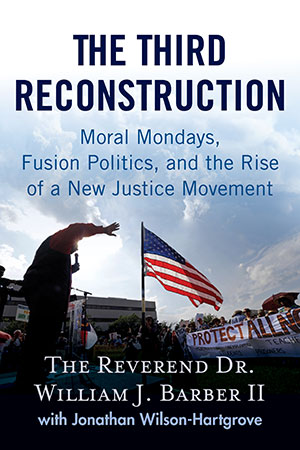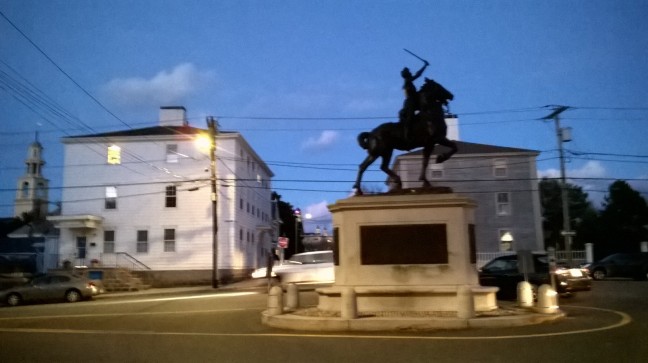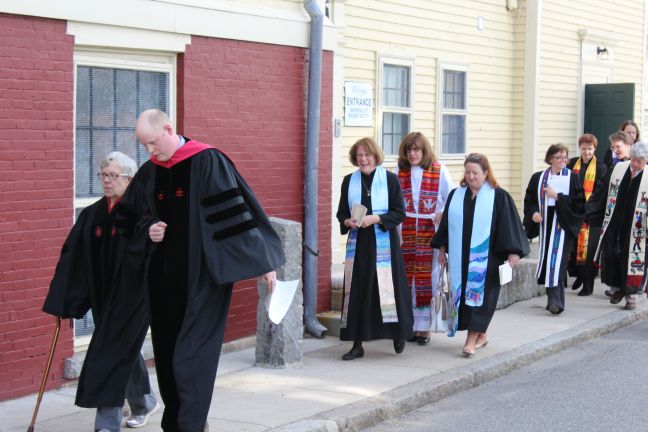On July 26, President Donald J. Trump announced via Twitter that transgender people would no longer be allowed to serve in the U.S. military. His tweet said, in part, “Our military must be focused on decisive and overwhelming victory and cannot be burdened with the tremendous medical costs and disruption that transgender in the military would entail.”
Although some Pentagon officials found the logistics of such a move problematic and feared that removing transgender soldiers would spur lawsuits, on August 10 Trump reasserted his proposed ban, saying that transgender military service has “been a very difficult situation, and I think I’m doing a lot of people a favor by coming out and just saying it.”
Church member and transgender veteran Naomi Ruben provided this blog post on the President’s statements:
I’m a veteran of both the Air Force Security Police and the Army Signal Corp. I was asked what I think of Mr. Trump trying to ban all transgender people from the military.
First, he’s so crude that he did this with a tweet. The military didn’t know how to respond to that. Military life is very organized. Things are done through official channels, NOT through tweets.
He talks about the cost of transgender care. Only a few of the transgender people in the military are going through transition, and the money is way less than his Florida vacations so far. If he kicks trans people out, it will cost more to train new people than keep trans people in the military.
Here’s a biggie: transgender people who have been in for almost 20 years and are about to retire, and who then came out, are at risk of losing their pensions.
I can’t believe that this is the United States of America, led by a man endorsed by the Ku Klux Klan and cheered on by David Duke.
Shalom,
Naomi Ruben
Naomi also recommends this August 5 Info Wars video of an interview with pro-transgender protesters in Cleveland.
The purpose of this blog is to raise topics for dialogue and discussion. The views and opinions expressed herein are solely those of the author and do not reflect the views of the Gloucester Unitarian Universalist Church or its board of managers.






